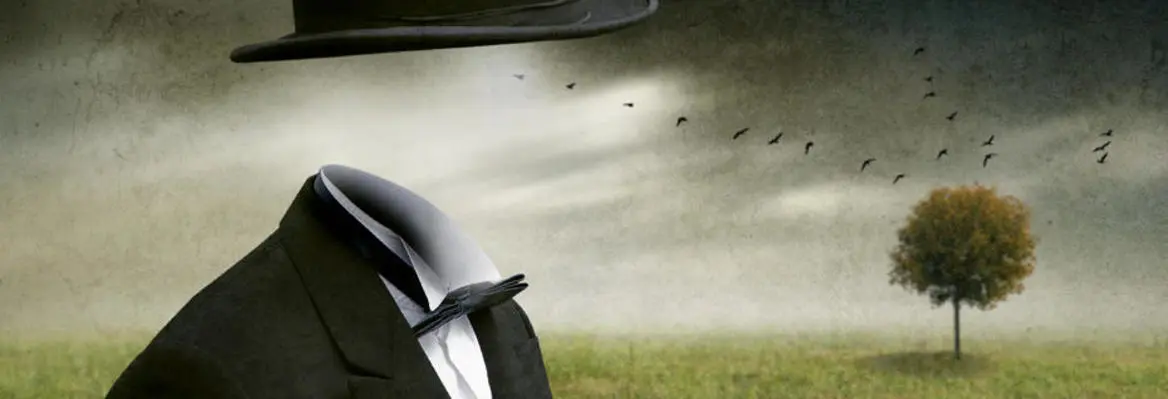Our belief in progress, the idea that everything will go on improving, is strangely recent. For a start, our ancestors would have been surprised to learn that we thought we could see into the future at all. Their cultures were built on the reality that no one can.
But they’d have been even more surprised to discover that we believed life would get better. They thought everything had declined since a Golden Age, when all was plenty and people lived in harmony with nature and each other.
The Ancient Greeks and Romans believed we were shrinking physically, and Plato came up with the idea of breeding supermen to reverse this trend. Unlike his near contemporary, Confucius, who more modestly thought we could improve the way we were governed, Plato believed we could not only improve society but improve ourselves.
This idea didn’t really grow teeth until we began to understand the mechanics of breeding, during the Enlightenment. Darwin was careful to call his book the Descent on Man, not the ascent. But believers in eugenics willfully misinterpreted his theory of evolution by means of the survival of the fittest, which meant the most suited not the strongest. This resulted in the mass extermination of those who didn’t fit a predetermined notion of what a better human should be.
The suffering of millions eventually taught us that we can’t improve human nature, nor should we try. Human nature, itself, is now sacrosanct. But we still cling to the idea that we can improve nature in general.
It’s true that scientific discoveries have made our lives a lot more pleasant. No one wants to return to 18th century dentistry. But the issue that faces us now is that technological advances enable us to pollute our land, air, rivers and seas on a global scale with potentially disastrous consequences for ourselves.
Given our innate inability to see into the future and our recently acquired blind faith in progress, the grim reality is that millions of people will probably have to die horrible, premature deaths before the survivors realise that we’ve got to respect nature as a whole as much as we respect human nature itself.
The birth of the Internet might suggest that technology is still capable of coming up with surprises that improve our lives. The Internet is, indeed, a wondrous development in communication systems, but not in what is said. Immense, unsustainable resources now power an ocean of what is largely junk, most of it salacious, in cyberspace.
Trash seems to be our lot. We’re not just trashing the planet but trashing our culture. Our respect for individuality, a legitimate reaction to the genocides of National Socialism and Communism, has led to a politically correct egalitarianism, which is generous, because there are no losers and all shall have prizes, but belittling, because it provides no platform for the necessarily few living artists who have something exceptionally interesting to say.
Olympic ideals still reign, harmlessly, in the arenas of sport and the high culture in the past, but the culture we create today has seen a leveling down to the bottom line, or more specifically a line on a level with the bottom.
Ordinariness is the rule in ‘Celebrity Culture’, outstanding talent an instant disqualifier. Our continuing hunger for personal distinction is satisfied by endless TV talent shows in all fields of human endeavour, but these tend to be egalitarian and amateur, not exclusive nor professional.















Join the conversation